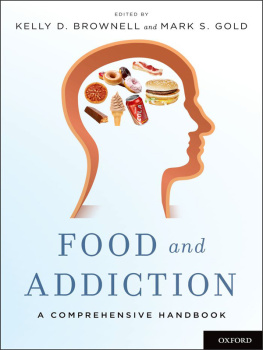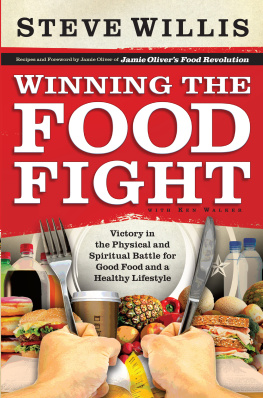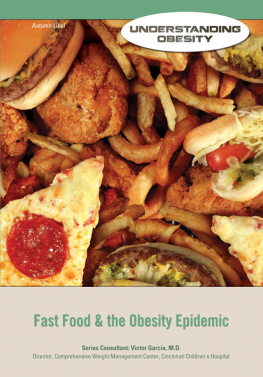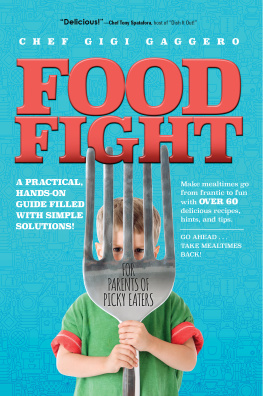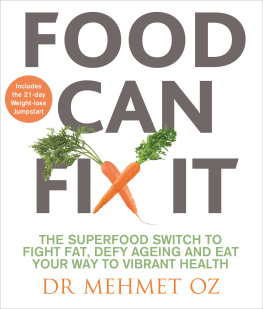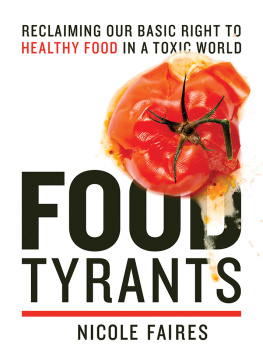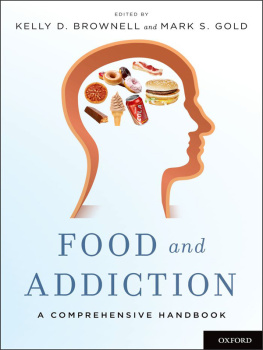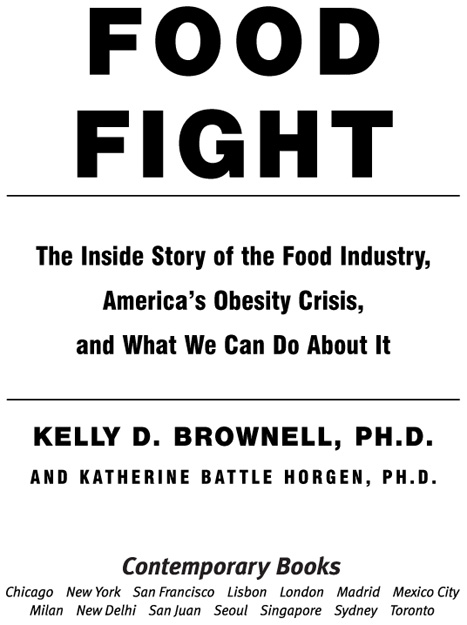

Copyright 2004 by The McGraw-Hill Companies, Inc. All rights reserved. Except as permitted under the United States Copyright Act of 1976, no part of this publication may be reproduced or distributed in any form or by any means, or stored in a database or retrieval system, without the prior written permission of the publisher.
ISBN: 978-0-07-143567-3
MHID: 0-07-143567-0
The material in this eBook also appears in the print version of this title: ISBN: 978-0-07-140250-7, MHID: 0-07-140250-0.
All trademarks are trademarks of their respective owners. Rather than put a trademark symbol after every occurrence of a trademarked name, we use names in an editorial fashion only, and to the benefit of the trademark owner, with no intention of infringement of the trademark. Where such designations appear in this book, they have been printed with initial caps.
McGraw-Hill eBooks are available at special quantity discounts to use as premiums and sales promotions, or for use in corporate training programs. To contact a representative please e-mail us at bulksales@mcgraw-hill.com.
TERMS OF USE
This is a copyrighted work and The McGraw-Hill Companies, Inc. (McGraw-Hill) and its licensors reserve all rights in and to the work. Use of this work is subject to these terms. Except as permitted under the Copyright Act of 1976 and the right to store and retrieve one copy of the work, you may not decompile, disassemble, reverse engineer, reproduce, modify, create derivative works based upon, transmit, distribute, disseminate, sell, publish or sublicense the work or any part of it without McGraw-Hills prior consent. You may use the work for your own noncommercial and personal use; any other use of the work is strictly prohibited. Your right to use the work may be terminated if you fail to comply with these terms.
THE WORK IS PROVIDED AS IS. McGRAW-HILL AND ITS LICENSORS MAKE NO GUARANTEES OR WARRANTIES AS TO THE ACCURACY, ADEQUACY OR COMPLETENESS OF OR RESULTS TO BE OBTAINED FROM USING THE WORK, INCLUDING ANY INFORMATION THAT CAN BE ACCESSED THROUGH THE WORK VIA HYPERLINK OR OTHERWISE, AND EXPRESSLY DISCLAIM ANY WARRANTY, EXPRESS OR IMPLIED, INCLUDING BUT NOT LIMITED TO IMPLIED WARRANTIES OF MERCHANTABILITY OR FITNESS FOR A PARTICULAR PURPOSE. McGraw-Hill and its licensors do not warrant or guarantee that the functions contained in the work will meet your requirements or that its operation will be uninterrupted or error free. Neither McGraw-Hill nor its licensors shall be liable to you or anyone else for any inaccuracy, error or omission, regardless of cause, in the work or for any damages resulting therefrom. McGraw-Hill has no responsibility for the content of any information accessed through the work. Under no circumstances shall McGraw-Hill and/or its licensors be liable for any indirect, incidental, special, punitive, consequential or similar damages that result from the use of or inability to use the work, even if any of them has been advised of the possibility of such damages. This limitation of liability shall apply to any claim or cause whatsoever whether such claim or cause arises in contract, tort or otherwise.
To my wife, Mary Jo, and our children, Kevin, Kristy, and Matt,
and to my parents, Arnold and Margaret Brownell, each of whom has
loved and supported me.
KDB
To my parents for giving me an education, to my husband for giving me
support, and to my daughter for giving me hope in the future
KBH
CONTENTS
ACKNOWLEDGMENTS
Many people have contributed to our work and thinking, and we are grateful to them one and all.
Our greatest source of intellectual stimulation comes from our students, colleagues, and friends at the Yale Center for Eating and Weight Disorders. This lively, fiercely intelligent, and warmly supportive group led by Marlene Schwartz, herself a tireless advocate for improving the food environment, brings us inspiration and joy. Andrew Geier deserves special thanks for suggestions on the title.
Colleagues at Yale have been instrumental in sharing expertise with us and have been most helpful in enriching our thinking. Peter Salovey, Edward Zigler, Robert Sternberg, and Paul Bloom in the Department of Psychology; Michael Graetz at the Yale Law School; and the late James Tobin from the Department of Economics stand out in this regard.
We thank the research assistants who have worked with us over the years. Julia Kasl, Melissa Napolitano, Jennifer Hoffman Goldberg, Jumi Hayaki, Molly Choate, Alyse Behrman, Sophie Woolston, and Sarah Goldblatt have helped collect information from all corners of the world.
Trusted and very helpful colleagues gave us feedback on chapters as they were prepared. We drew heavily from their work to create Food Fight and are grateful for their specific input as this book was being produced. We thank Steven Blair (Cooper Institute), Russell Pate (University of South Carolina), Kenneth Warner (University of Michigan), Simone French (University of Minnesota), Anthony Sclafani (Brooklyn College), David Ludwig (Harvard Medical School), Barry Popkin (University of North Carolina), James Hill (University of Colorado), Rogan Kersh (Syracuse University), James Morone (Brown University), Douglas Besharov (American Enterprise Institute and University of Maryland), Michael Jacobson (Center for Science in the Public Interest), Marion Nestle (New York University), Anna Puglia (Branford High School), and Thomas Wadden (University of Pennsylvania). We are also deeply appreciative for the guidance and support of our agents Marilyn Allen, Robert Diforio, and Coleen OShea, who quickly became colleagues and friends.
We have friends and family members to thank for feedback and for help with collecting information. These include Kevin Brownell; Matthew Brownell; Steve, KieAnn, and Chase Brownell; Mary Jo Brownell; Jay Horgen; Jane and Joe Battle; Bob and Brooke Tanner Battle; and Clovis and Bett Battle Pitchford. Specials thanks go to Seth and Robin Ersner-Hershfield and to Kristy Brownell and Greg Nobile for their knowledge of modern culture.
Two final groups deserve special note. The first are our mentors and closest colleagues for providing guidance in so many ways. G. Terence Wilson, David Barlow, Albert Stunkard, and Thomas Wadden top this list.
And finally, we are most grateful to our spouses and children, who endured hours of work beyond imagination. Their understanding and support for our research and writing are appreciated more than they can know.
PART 1
BIOLOGY MISMATCHED WITH THE MODERN WORLD
1
BIG FOOD, BIG MONEY, BIG PEOPLE
It came quickly, with little fanfare, and was out of control before the nation noticed. Obesity, diabetes, and other diseases caused by poor diet and sedentary lifestyle now affect the health, happiness, and vitality of millions of men, women, and, most tragically, children and pose a major threat to the health care resources of the United States. Most alarming has been the national inaction in the face of crisis, the near-total surrender to a powerful food industry, and the lack of innovation in preventing further havoc.
The Centers for Disease Control and Prevention (CDC) labels the obesity problem an epidemic. Within the United States, 64.5 percent of Americans are either overweight or obese, with the number growing. For many reasons, some obvious and some not, the increase in overweight children is twice that seen in adults.
Next page

